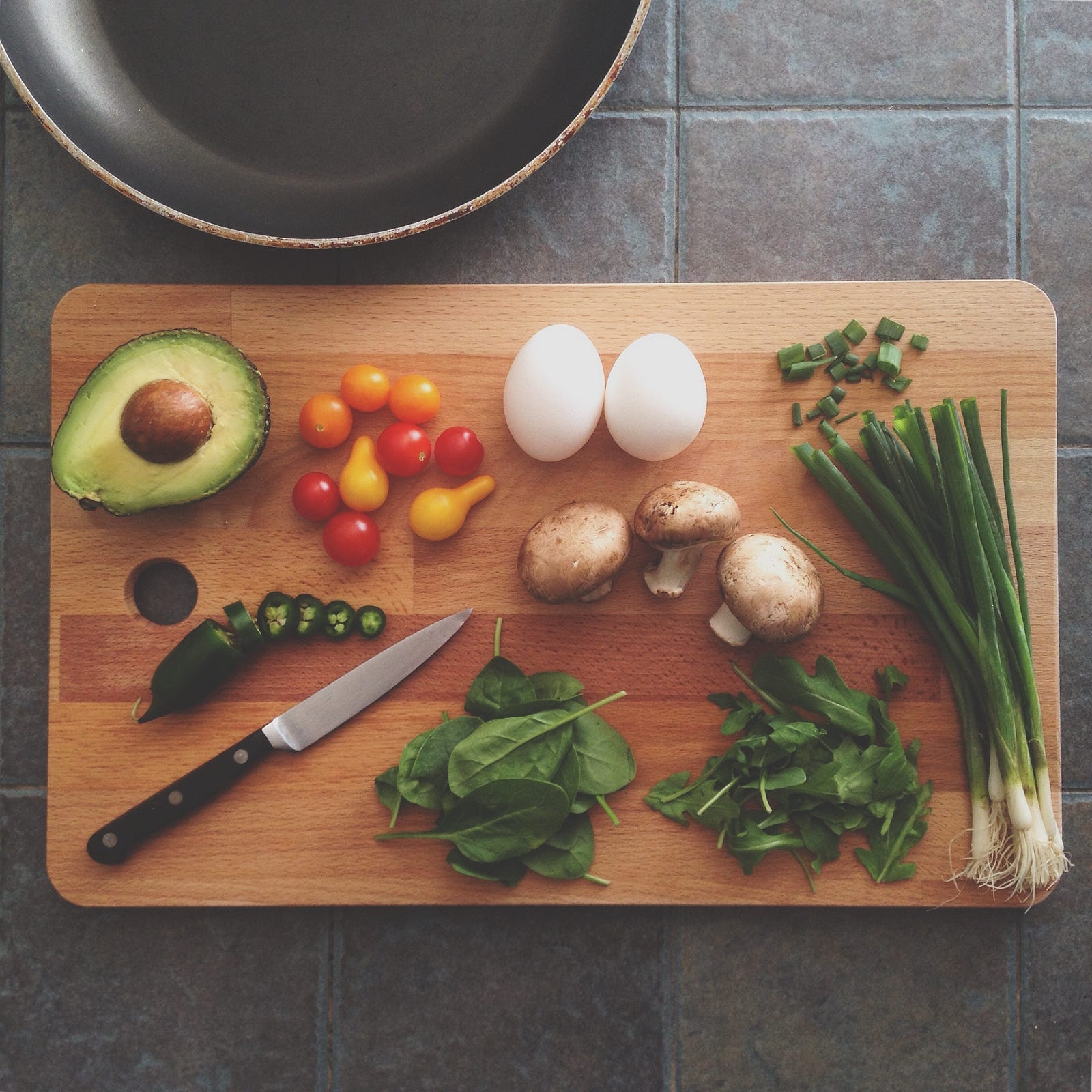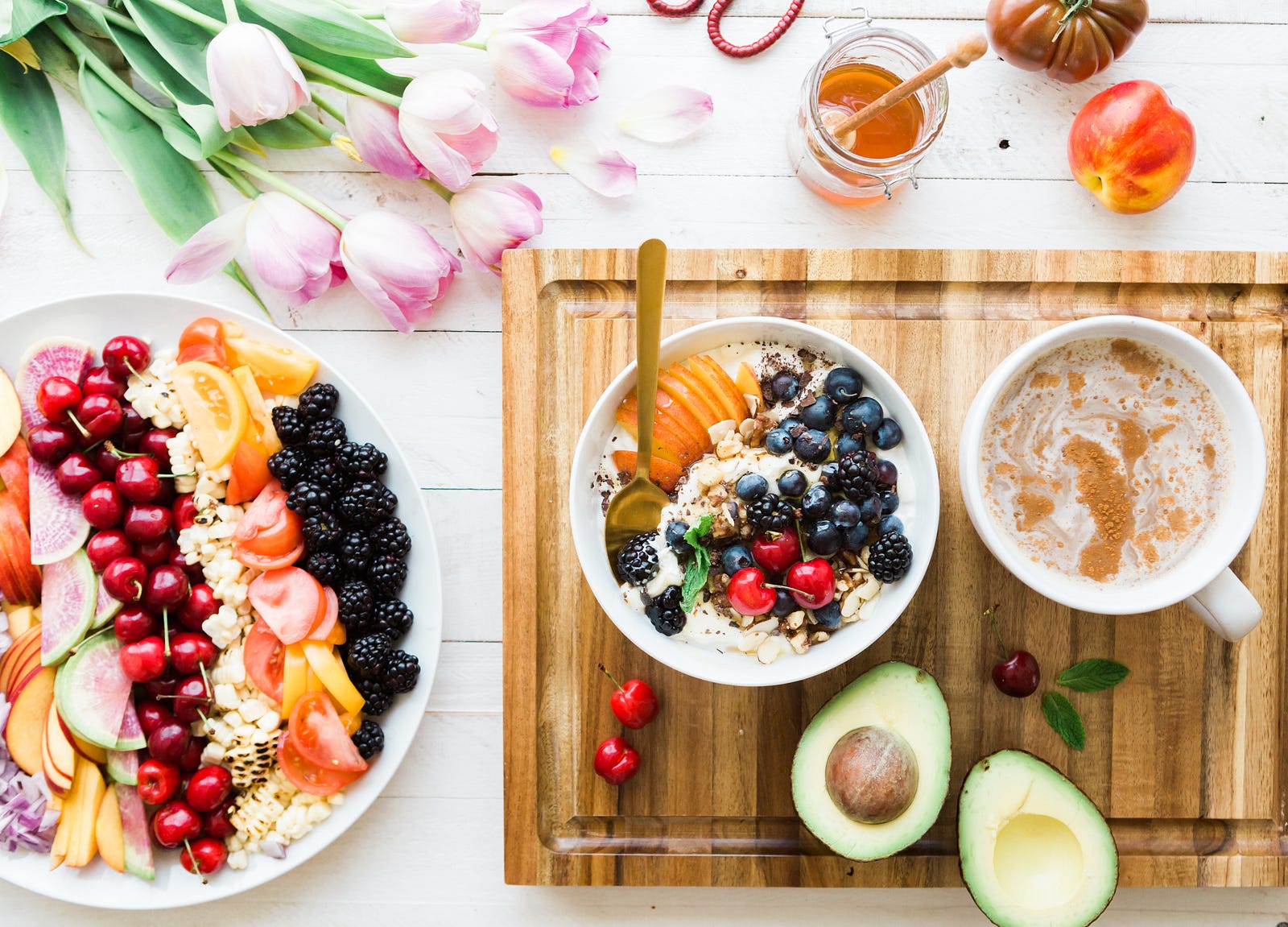Diet plays a critical role for your brain’s health and cognitive functioning. The food you eat has the power to sharpen and preserve your mind, or spiral it into decline.
It is therefore vital that we understand and implement the right food choices for cognitive health.
Fortunately, Dr. Dale Bredesen details the optimal diet for your brain in his groundbreaking new book, The End of Alzheimer’s.
The diet is called ‘Ketoflex 12/3’ and Dr. Bredesen claims it has the ability to help prevent and reverse cognitive decline.
Ketoflex 12/3 gets its name because it is built around the following principles:
- It promotes mild ketosis (keto), which Dr. Bredesen says is optimal for cognitive function. Mild ketosis switches your metabolism from carbohydrate-burning and insulin-resistant (bad for the brain), to fat-burning and insulin-sensitive (good for the brain).
- It is flexible (flex) enough to be followed by vegetarians or omnivores. The diet is primarily plant-based with a focus on non-starchy vegetables, but limited consumption of meat is allowed.
- It requires fasting for at least 12 hours between your last meal of the night and your first meal of the following morning (12). It is best to break the fast with water (no ice) with some lemon, as a detoxifying drink.
- It calls for a minimum of 3 hours between the end of dinner and bedtime (3). For example, if you go to bed at 11pm, you need to finish dinner by 8pm and not snack after that point.
Here are the specific food guidelines:
- The majority of your diet should be foods with a glycemic index lower than 35 (Reference this list of glycemic indices).
- Vegetables should make up the bulk of your diet. Choose organic, seasonal, and local vegetables whenever possible (reference the Dirty Dozen & Clean 15 list when deciding to buy organic or not). Include both cooked and uncooked vegetables, and aim for a variety of colors, from deep green to bright yellow and orange. Specifically eat these detoxifying plants: Cilantro, cauliflower, broccoli, cabbage, kale, radishes, Brussels sprouts, turnips, watercress, kohlrabi, rutabaga, arugula, horseradish, maca, rapini, daikon, wasabi, bok choy, artichoke hearts, beets, dandelions, garlic, ginger, and seaweed. White potatoes do not count as a vegetable because of the high glycemic index.
- Choose whole fruits over fruit juices, and opt for fruits with lower glycemic indices. The best fruits are berries, lemons, limes, and grapefruit. Avoid tropical fruits (mango, papaya) due to their high glycemic index.
- Include good fats such as avocados, nuts, seeds, olive oil, and MCT oil.
- Fish is fine, but choose SMASH fish (salmon, mackerel, anchovies, sardines, herring) over large-mouthed, long-lived fish (shark, swordfish, tuna). Opt for fish that is wild caught, not farmed.
- Meat can be included, but as a condiment (2–3 ounces, a few nights per week), not the main course. If you eat meat, make sure to get pastured chicken or grass-fed beef. Alternative protein sources include beans, soy, nuts, and eggs (eggs should also be from chickens that are pastured, not factory raised).
- Include probiotics (kimchi, sauerkraut, sour pickles, miso soup, kombucha) and prebiotics (jicama, onions, garlic, raw leeks, raw Jerusalem artichoke, dandelion greens) in your diet.
- Avoid or minimize simple carbs such as sugars, bread, white potatoes, white rice, soft drinks, alcohol, candy, cakes, and processed foods (Hint: If ingredients are listed, it’s processed).
- Avoid gluten and dairy as much as possible. Gluten can damage the gut lining in most people, leading to leaky gut and chronic inflammation.
Dr. Bredesen says that following this Ketoflex 12/3 diet, including the overarching principles and specific food guidelines, will help your brain perform at its optimal level?—?both in the short and long term.
He also highly recommends combining this diet with exercise, sleep, and stress reduction for maximum brain benefits:
- Exercise: The optimal exercise routine for cognition is a combination of aerobic exercise (walking, jogging, spinning, etc.) with weight training, at least 4–5 days per week, for 45–60 minutes in total each day. At a minimum, ensure you get at least 150 minutes of exercise per week (brisk walking or something more vigorous).
- Sleep: Get as close to 8 hours of sleep per night as possible, without using sleeping pills. You can take melatonin at bedtime to improve sleep and wake more refreshed (ideally only 0.3–0.5mg, which is comparable to what the brain produces, but up to 20mg is fine).
- Stress reduction: Stress plays a role in most cases of cognitive decline. It is important to include stress reduction in your overall brain health program. Meditation, yoga, music, and massages are all good options (or whatever else helps you relax and de-stress).
We would all be smart to follow the Ketoflex 12/3 diet, and combine it with exercise, sleep, and stress reduction to optimize brain health.
written by

